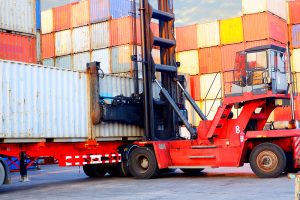 Chinese officials doubled down on plans to ban virtually all recovered material imports by the end of the year, despite opposition from U.S. interests.
Chinese officials doubled down on plans to ban virtually all recovered material imports by the end of the year, despite opposition from U.S. interests.

 Colin Staub was a reporter and associate editor at Resource Recycling until August 2025.
Colin Staub was a reporter and associate editor at Resource Recycling until August 2025. Chinese officials doubled down on plans to ban virtually all recovered material imports by the end of the year, despite opposition from U.S. interests.
Chinese officials doubled down on plans to ban virtually all recovered material imports by the end of the year, despite opposition from U.S. interests.
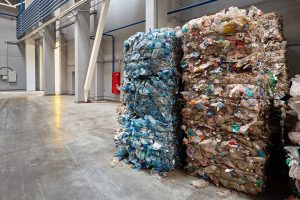 China consumed more U.S.-generated scrap fiber than any other country in January. Meanwhile, on the plastics side, U.S. exports hit a 14-year low.
China consumed more U.S.-generated scrap fiber than any other country in January. Meanwhile, on the plastics side, U.S. exports hit a 14-year low.
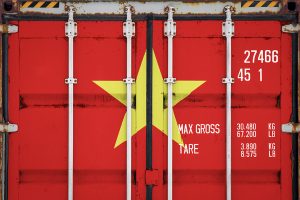 The Vietnamese government has reiterated its plan to phase out scrap plastic imports altogether, noting all scrap plastic will be barred beginning in 2025.
The Vietnamese government has reiterated its plan to phase out scrap plastic imports altogether, noting all scrap plastic will be barred beginning in 2025.
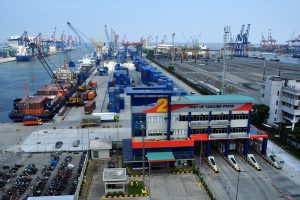 After announcing stringent recovered paper import restrictions set to take effect this week, Indonesian officials changed course and postponed the rules indefinitely.
After announcing stringent recovered paper import restrictions set to take effect this week, Indonesian officials changed course and postponed the rules indefinitely.
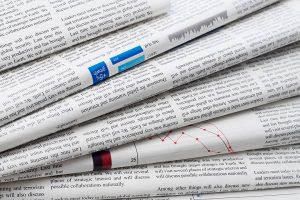 Industry stakeholders are pushing back against revived national media focus on the pressures facing U.S. recycling markets. Although those stresses are real, experts emphasize there is another side to the story.
Industry stakeholders are pushing back against revived national media focus on the pressures facing U.S. recycling markets. Although those stresses are real, experts emphasize there is another side to the story.
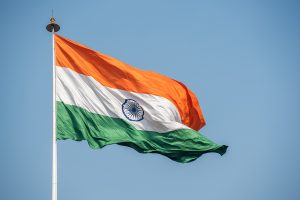
This story has been updated.
A complete ban on scrap plastic imports into India will be delayed until the end of August, giving the global plastics recycling industry some time to adapt.
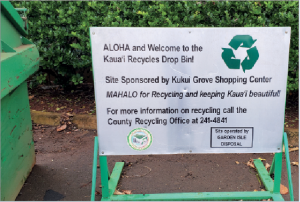 Kauai is known as the Garden Island, so named for its impressive array of green space. But the Hawaiian island’s “green” association is also visible in its robust recycling efforts.
Kauai is known as the Garden Island, so named for its impressive array of green space. But the Hawaiian island’s “green” association is also visible in its robust recycling efforts.
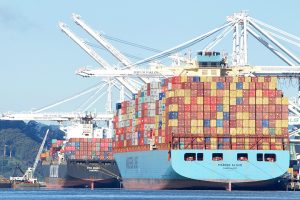 This story has been updated.
This story has been updated.
The Indian government says it will ban scrap plastic imports, a move that threatens to further disrupt the U.S. recycling industry by closing a growing market.
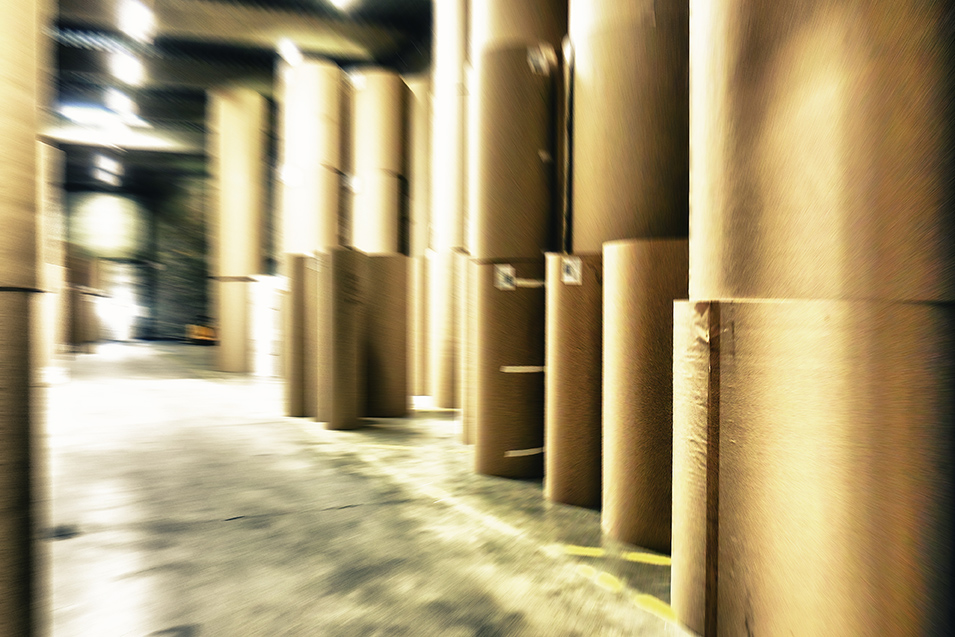 A Pacific Northwest paper mill will significantly increase its OCC consumption, and a 100 percent recycled fiber end user is building a new manufacturing facility for paper packaging products.
A Pacific Northwest paper mill will significantly increase its OCC consumption, and a 100 percent recycled fiber end user is building a new manufacturing facility for paper packaging products.
